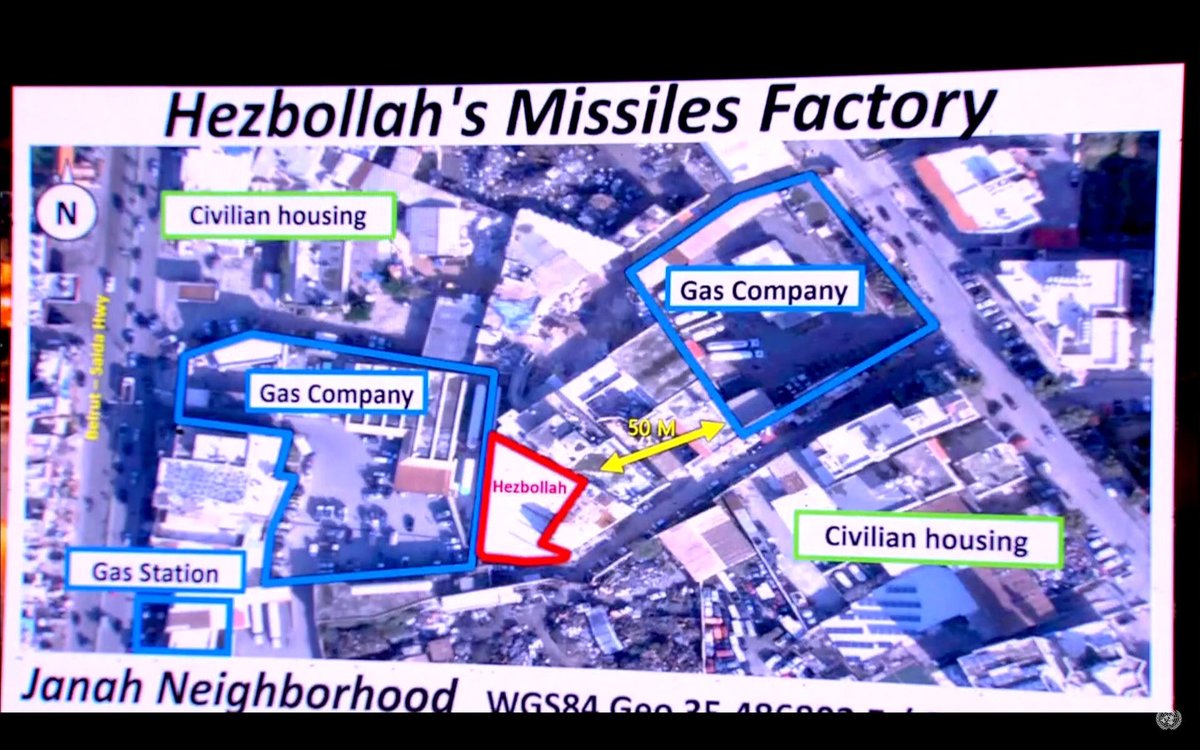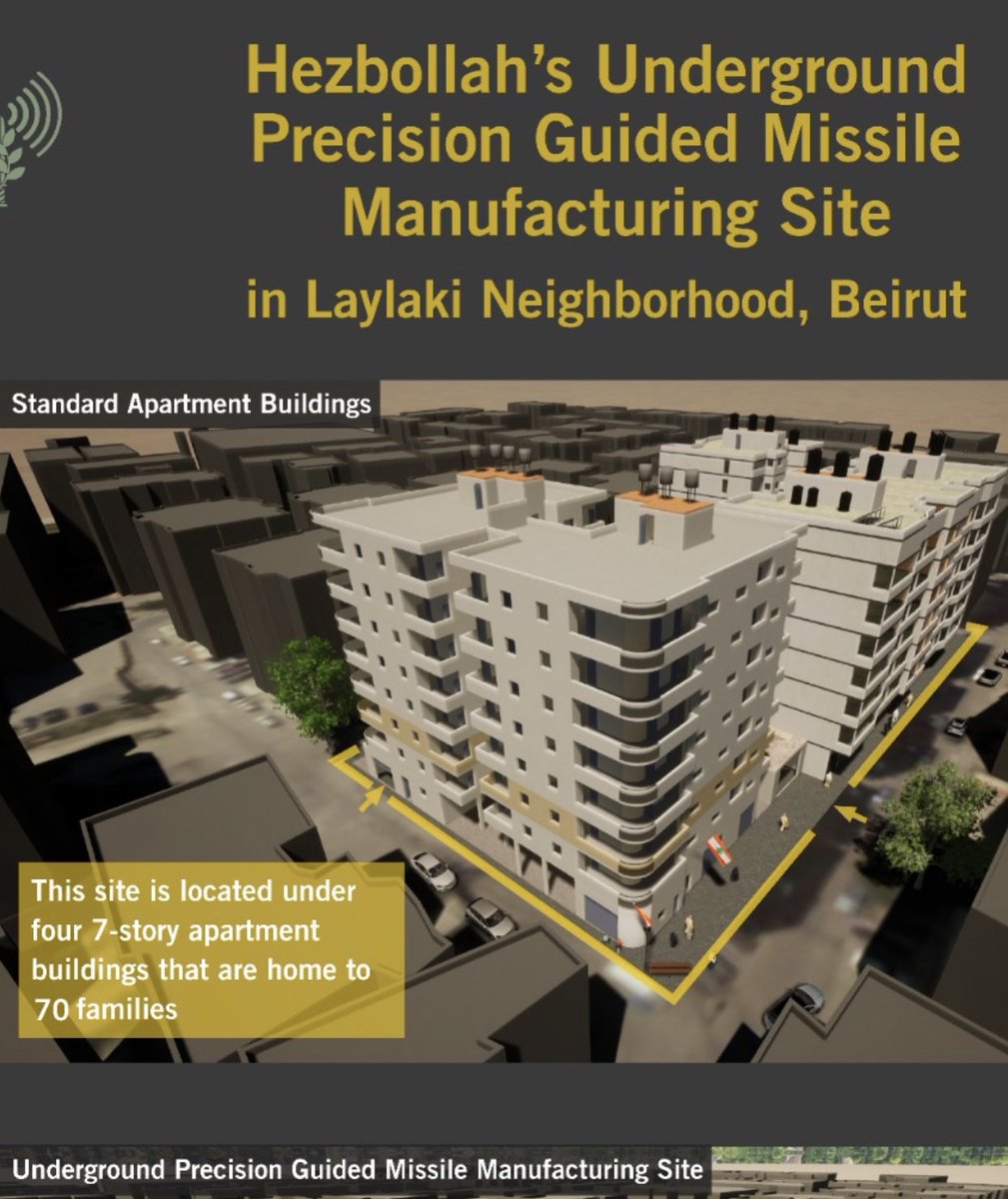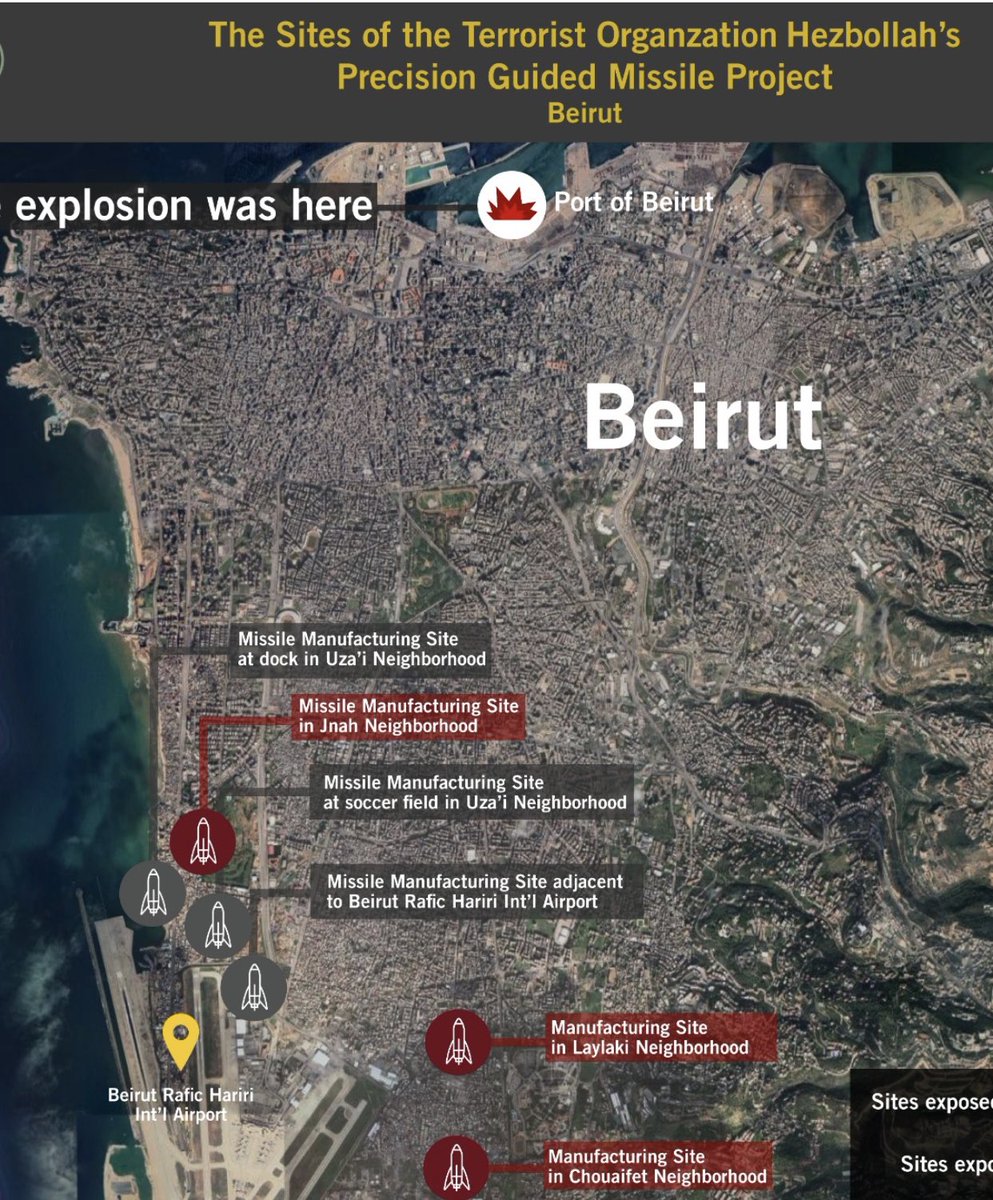
I have my disagreements with this piece by @DanielBShapiro but there’s common sense in many of his recommendations. The U.S. & Israel share common goals; the important differences will be tactical over the question of when & how to wield leverage. washingtonpost.com/outlook/2020/1…
Dan perhaps understandably avoids the real tactical and profound disagreements between the Biden and Netanyahu teams of how and when to use leverage.
The Biden folks believe they can offer major preemptive concessions to encourage Iran back into the JCPOA and then negotiate a follow on agreement that addresses the sunsets and other nuclear and non-nuclear problems.
The Israelis, having seen this movie before between 2013 & 2015, believe this is a huge mistake because it sacrifices important leverage that is not easily re-established and creates a negotiating dynamic where Iran will, once again, run circles around western negotiators.
This is also profound disagreement over very architecture of the JCPOA that, for Netanyahu team, is not fixed by extending sunsets: Iran will still be able to develop an industrial-size enrichment capability buried underground powered by easy-to-hide advanced centrifuges.
Iran also never had to account for its military-nuclear program under the JCPOA as these concerns were brushed aside by Kerry. The nuke archive, SPND, Fahrizadeh’s activities since 2003 & ongoing Iranian NPT violations make it imperative any new agreement resolve these issues.
There may be more common ground over confronting Iranian regional aggression. A more sober-minded Biden team does not hold the delusions of Kerry et al who believed Rouhani/Zarif were reformers & that you could moderate the hard men of Tehran by flooding them with cash.
Bottom line. I agree with Dan that there’s an opportunity for more common ground than in 2013-2015 but only if clear-eyed, tough-minded pragmatists have the upper hand over JCPOA and regime-engagement theologians.
In debate over nukes, missiles, terrorism & regional aggression, Biden team must not forget the Iranian people’s long-standing desire to overthrow the regime that has brutalized them for four decades. Human rights & support for a peaceful democratic transition must be a priority.
During the 2017/2018 democratic uprising in Iran, @DanielBShapiro and I put aside our JCPOA disagreements and wrote about supporting the Iranian people. Hoping there can be more of this in 2021. politico.com/magazine/story…
• • •
Missing some Tweet in this thread? You can try to
force a refresh





